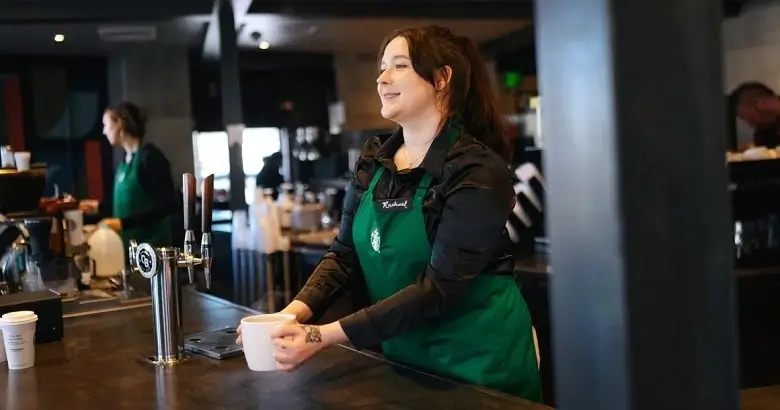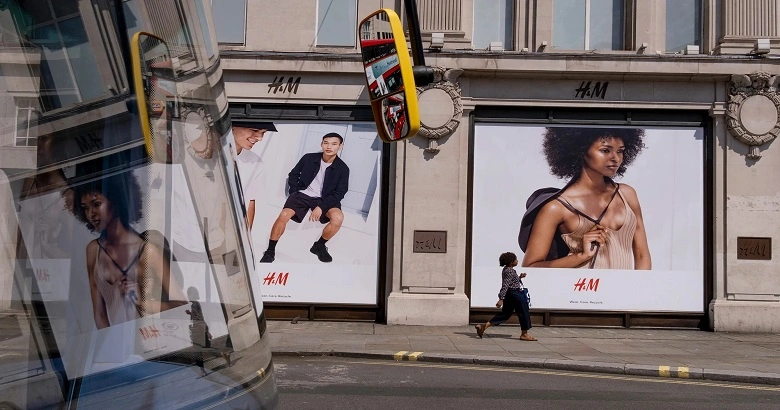Fashion retail giant H&M is set to introduce digital replicas, or “digital twins,” of its human models this year, igniting a conversation about the role of artificial intelligence (AI) in the industry and its potential impact on workers. The move, announced by the company, will see the creation of 30 AI-generated models, though the exact purpose and use of these digital avatars are still being explored. H&M has emphasized that it is collaborating with agencies and models to ensure the initiative is carried out in a responsible and ethical manner.
One key aspect of the project is that models will retain the rights to their digital twins, with the potential to work with any brand and receive compensation for each use, much like they would in traditional campaign productions.
This commitment to compensating models for their digital likeness was positively received by Paul W. Fleming, the general secretary of Equity, a UK trade union for performing arts and entertainment professionals. However, he pointed out that the initiative needs to be backed by broader industry protections for workers, particularly through AI-related agreements and legal frameworks that safeguard their rights, something that is currently lacking.
Fleming further warned that the rush to innovate with AI should not come at the cost of workers’ well-being or result in a race to maximize profits at their expense. He stressed that human creativity and labor are fundamental to the success of AI technologies and should remain central to the process.
H&M’s decision has caused concern among fashion industry workers, many of whom already deal with uncertain job stability. Labor activist Sara Ziff, a former model and founder of the Model Alliance, voiced serious concerns about the use of digital replicas without clear protections in place. Ziff pointed out that the fashion industry has long struggled with worker rights and warned that H&M’s initiative could lead to the replacement of not only models but also makeup artists, hair stylists, and other creative professionals in the industry.
H&M is not the first fashion brand to explore AI-generated models. Levi Strauss & Co. revealed in March 2023 that it would use AI models to complement, not replace, human models in its campaigns. The brand later clarified that it would continue to conduct live photo shoots despite the controversy. Similarly, the Spanish brand Mango launched an AI-driven campaign for its youth collection last year.
AI-generated models and influencers are becoming increasingly common in the fashion industry, with even the first-ever AI beauty pageant taking place in 2024. As AI technology continues to evolve, it raises important questions about consent, compensation, and the future of work in creative fields.
As H&M moves forward with this initiative, the fashion industry must navigate these complex issues to ensure fair treatment for all workers, both human and digital.










